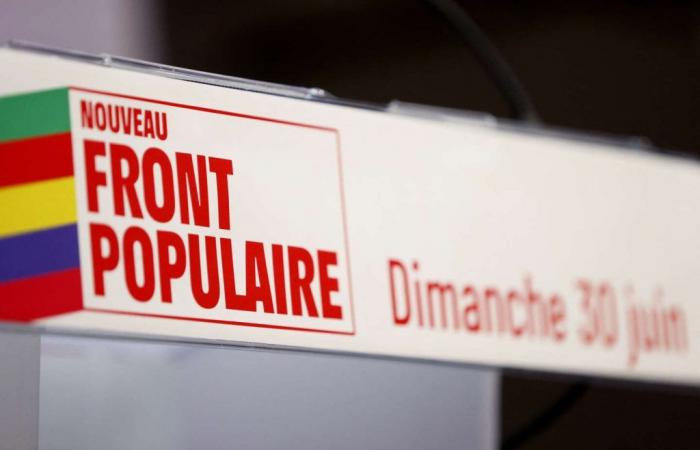
LThe first round of the legislative campaign was placed on the left under the banner of the “improvement” of 1936 and the Popular Front. Was the new one as effective as the old one? Depending on the observer’s bias, it is possible to see the glass as half full, or half empty. The New Popular Front (NFP) certainly gave form and roots to the movement, made of pragmatism, convictions and memories, of the union of the left in the face of danger. It helped to mobilize a politicized electorate, the majority of which – but not all – would have had difficulty forgiving the division in this context.
Follow our live: 2024 Legislative Elections: Among the 169 current withdrawals before the second round, a very strong majority of left-wing candidates
Add to your selections
But it did not allow the quantitative leap that would ensure victory. Despite the massive mobilization, the dynamics of the left remained circumscribed, from a sociological and territorial point of view, and it remained powerless to thwart the rise of the extreme right. The campaign did not erase the raw traces of the last few months either; it remained marked by the question of anti-Semitism, the debates around La France Insoumise in general and Jean-Luc Mélenchon in particular, the controversies and the divisions.
A mixed record, then, but how could it have been otherwise? The parties making up the Popular Front had had two years, if not to forget their quarrels, at least to come to terms with them and try to work together. They could also rely on a much higher electoral base, which the legislative victory of May 1936 helped to consolidate.. The NFP has had… three weeks, in the context of historically weak lefts, and within which the internal balance of power is far from being stabilized.
Flaws and unresolved questions
He also had to face violent attacks, coming from the presidential majority, but also from a section of the media, in particular those of the Bolloré galaxy. All this is proven, and there are also precedents: the 1930s, or even, in a much more peaceful way, the 1970s are enough to remind us of this.
Read also | Article reserved for our subscribers Bruno Cautrès, political scientist: “The RN, for the first time in its history, won the first round of a decisive election”
Add to your selections
The fact remains that these attacks and these instrumentalizations have had an easy time, in a way, by playing on the very real faults within the left, and other unresolved questions: what is the relationship to the State and to power? To violence? To authority? How can we deal equally with the discrimination made to all minorities and also hear their voices? Should we, after the fall of the working proletariat, set out again in search of a new revolutionary social subject (“the working classes of the neighborhoods”, “the youth”), or abandon the search for such an essence?
You have 58.92% of this article left to read. The rest is reserved for subscribers.





